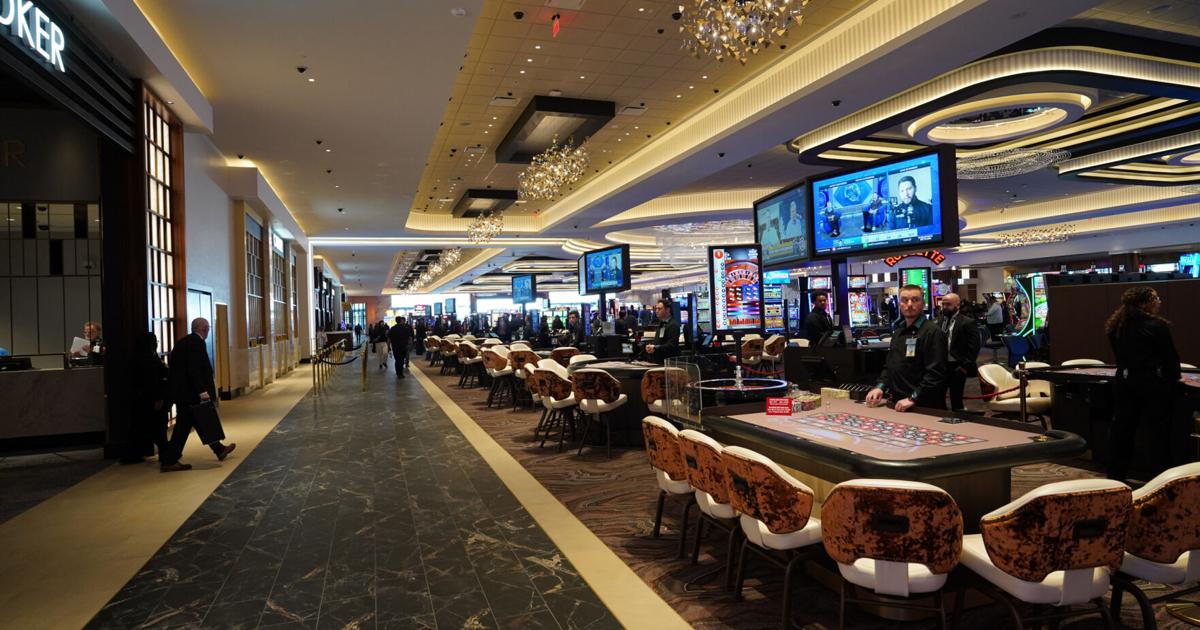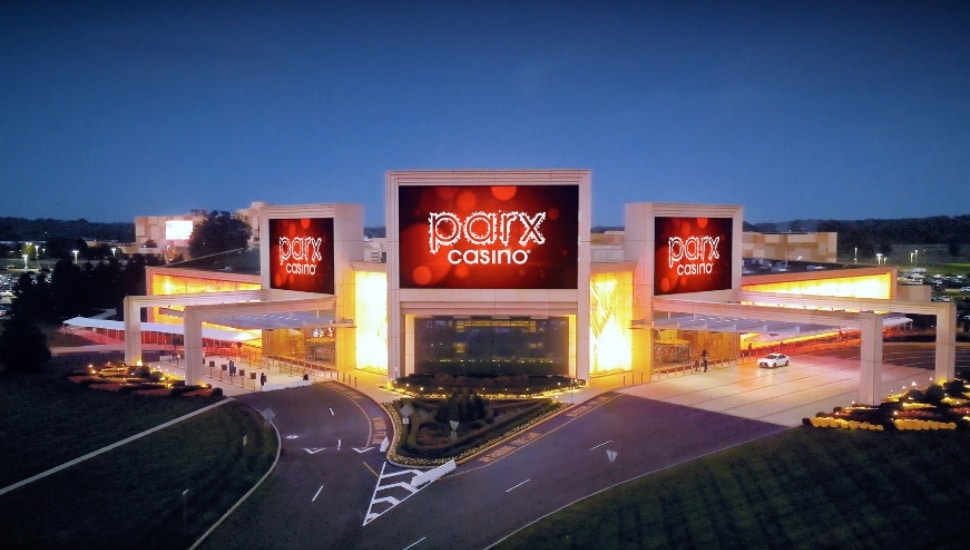New Haven’s desire to have gambling as a part of its strategy to increase the economy is not development, but a disinvestment strategy that will have negative economic and societal issues.
The allure for attracting tourists is desirable as a way to increase tax revenue for infrastructure. Unfortunately, leaders incapable of doing research are laying down a losing hand.
Communities invest in tourism for a good reason. During 2020, many individuals and families decided to take road trips to see new sites. State parks, roadside attractions and other spaces gained new visitors.
Casino-related tourism declined, and the number of individuals who visit today continues to decrease. Casinos rarely help surrounding small businesses, those that make towns pleasurable spaces to live, work and play, attracting new residents and additional investment.
Rising Sun, like most casino complexes, is a self-contained property to lure gamers to stay, play and be pampered for a day or more on the campus. Sure, the city will gain receipts at the associated hotel and restaurant, but small businesses will not see one dime from potential tourists.
Full House Resorts has chosen New Haven, not for the available land, but for its target market: a combination of less-educated residents and an aging adult population.
The most likely individual to visit a casino is a person without a college degree and/or older than 40. According to the U.S. Census Bureau, only 24.5% of New Haven’s residents have a college degree. Fifteen percent of the residents in east-central Allen County have a college degree; 31% of residents in the 46815 (northeast Fort Wayne) and 11% of residents in the 46803 (east central) have a degree.
Furthermore, New Haven, like many other Hoosier communities, is graying; 37% of the city’s residents are older than 50. In northeast Fort Wayne, 34% of those are graying.
A growing amount of national research shows that 1 in 8 aging individuals has a gambling disorder. The high likelihood that grandma or grandpa is gambling the estate away is a real issue.
Furthermore, according to the AARP, aging adults with gambling problems develop complex health issues, including obesity, health disease, migraines and depression, which increase public health expenditures at local medical facilities.
Instead of uniting a community, gambling truly divides it. If you have been to a casino, you know the machines are built for addiction. While problem gambling was once a rare problem, it’s growing, driven in part because of technology.
Local casinos magnify this negative impact. According to U-Mass Amhurst, 90% of casino revenue is earned from problem gamblers, and available casinos are likely to increase local and regional homelessness. Individuals often tend to go into deep debt unable to afford utilities, rent and other expenses as they pay for their addiction.
Research estimates that 38% of individuals with a gambling disorder will face eviction. Furthermore, a 2022 study found that 35% of individuals with gambling addiction develop behaviors, such as asking to “borrow money, lying, stealing, and not fulfilling responsibilities, which can lead to conflict with roommates, parents, guardians, or partners,” and being forced to leave their living situation.
Gambling disorders are associated with increasing partner violence across the nation.
While multiple factors drive such rates, it is important to note that a 2016 study found that “(o)ne-third of problem gamblers report being victims of physical [intimate partner violence] (38.1%) or perpetrators of physical IPV (36.5%).”
This increases the number of women and children who are exposed to domestic violence and deal with significant trauma, and local government officials refuse to increase regional mental health support and funding.
Speaking of children, data analysis using Census Bureau demographics reveals a 1,350% increase in the child poverty rate in Rising Sun, Indiana, from 1990 to 2020. In all other towns, it’s a minimum of 900%.
Employees with gambling disorders can turn to embezzling from their employers to continue their addiction. Such corruption results in misallocation of resources, reduces tax revenue and creates economic inefficiencies – such as increased production costs and reduced investor confidence.
This erosion of trust can deter small to large businesses from expanding and could discourage companies from investing in northeast Indiana, hindering the region’s economic growth, development and competitiveness.
Casinos are not going to bring in the amount of money from tourists to make the quality-of-life improvements that attract college-educated and other skilled, talented individuals the local economy needs.
If New Haven’s leadership wanted to improve the city while increasing tourism, it should invest in making the Lincoln Highway a top area attraction.
As more people have started to travel to all 50 states, the Lincoln Highway is a must for national and international tourists. It will take planning to look at how to increase the number of museums, shops, restaurants and unique spaces to ensure people stay and play along the first transcontinental route, but it can be done.
People want to see unique things, not the inside of the casino. Luring people to New Haven via such travel could be a win for individuals who are looking for a better quality of life.
Throwing money at a casino is not a royal flush, but a good way to further drive the message that the leadership and residents of New Haven, as well as the rest of northern Indiana, lack knowledge and education.
Jodi Dean is a native of northeast Indiana who recently returned to the state from Oklahoma.





